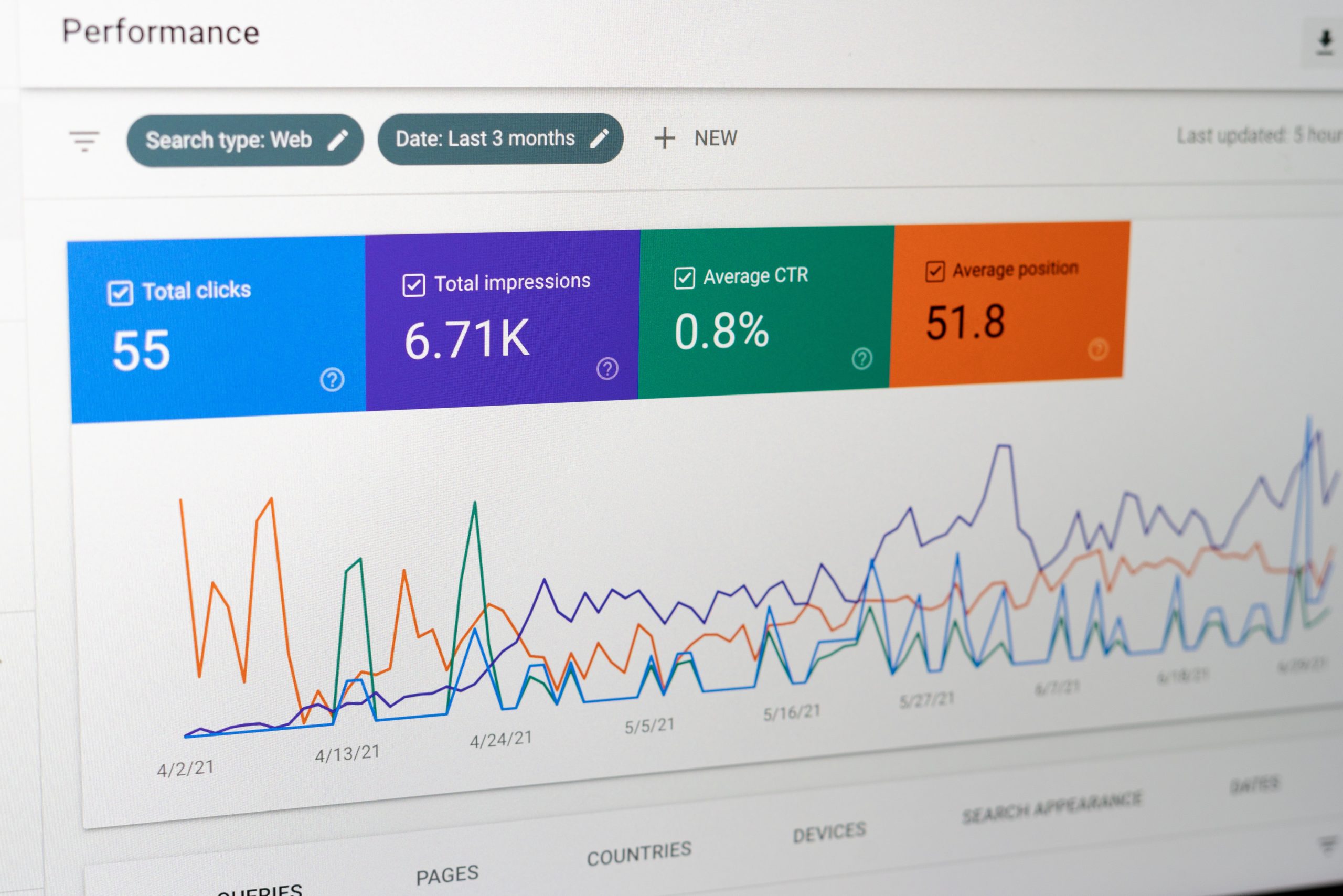No matter what kind of website you run, every page on your site needs certain SEO attributes. These items help your site rank well on the search engines, attract visitors, and serve as a good first impression of your brand. One of the more important attributes is the meta description and it’s very important to understand how to write meta descriptions. However, these short blocks of text can be tricky to write. The reason why meta descriptions are important, and also why they’re hard to write, are important to understand if you’re going to learn how to write meta descriptions.
What is a meta description?
In a nutshell, a meta description is a short summary of the contents of your webpage. On a more technical level, it’s an HTML tag or snippet. Google and other search engines display your meta description on every search engine results page where your article ranks. This appears just below the title of your page, which is also programmed into the page as an HTML tag.
Here’s what a meta description looks like:
Meta descriptions have to be short — depending on the browser type, the limits are between 130 and 151 characters. If you go above these limits, then your description will be cut off. That’s why you should be careful not to exceed those character limits. Typically, you’ll want to adhere to the shorter length so that people using a mobile browser are less likely to miss out.
How do meta descriptions affect SEO?
According to Google, the search engine does not use meta descriptions directly to determine search engine results positions. Even though your meta description does not directly influence your page’s rank, it is important to your ranking in other ways. The biggest one is that people are more likely to click through the SERPs and read your article if your meta description is attractive. And, the more often people click through, the more likely it is that your page will earn a higher ranking. That’s the main reason why you need to learn how to write meta descriptions.
Writing a proper SEO meta description
Now that you understand what a meta description is, let’s talk about how to write meta descriptions. Like many other things in writing, this is as much an art as a science. However, there are several things to consider that go beyond the technical requirements of length.
Don’t forget the keywords
No matter how well your meta description is written otherwise, it will be much less effective without the right keywords. Because many articles have multiple keywords these days, it’s also important to choose the right one. In almost every case, you should use the primary keyword early in the meta description.
Remember, it’s an advertisement
For your webpage, that is. Because your SEO meta description is the first thing people see after the title, it’s often what helps them decide if they want to read your page or not. This is especially true when many of your competitors also use the same keyword as a large part of their title. You want your page to stand out above the competition, so it becomes an essential advertisement for your business.
Keep it human
One of the biggest mistakes you can make is posting robotic or repetitive text as your meta description. If your description isn’t enticing, people will just scroll on by and read somebody else’s.
The other consideration with human-friendly content is Google’s new helpful content policy. This actively discourages people from writing simply to impress search engines. Unfortunately, a lot of spammers and other bad actors were getting the best scores at the expense of better content. Don’t fall victim to this mistake.
Don’t keyword stuff
Another cardinal sin in search engine optimization these days is keyword stuffing. This is a writing technique whereby you use the target keywords as many times as possible. The idea is to fool the search engines into thinking your content is more relevant than it is.
However, the problem with keyword stuffing is that it makes your content hard to read. Content that’s hard to read is an invitation for your potential customers to leave your website long before they move down the marketing funnel.
Don’t misrepresent your content
Said another way, make sure that your meta description is a good representation of the content. That’s because it can really hurt your SEO when people leave your website too quickly. Many people will do this if they feel like they’ve been cheated or that you’re misrepresenting content. Don’t be that website owner.




